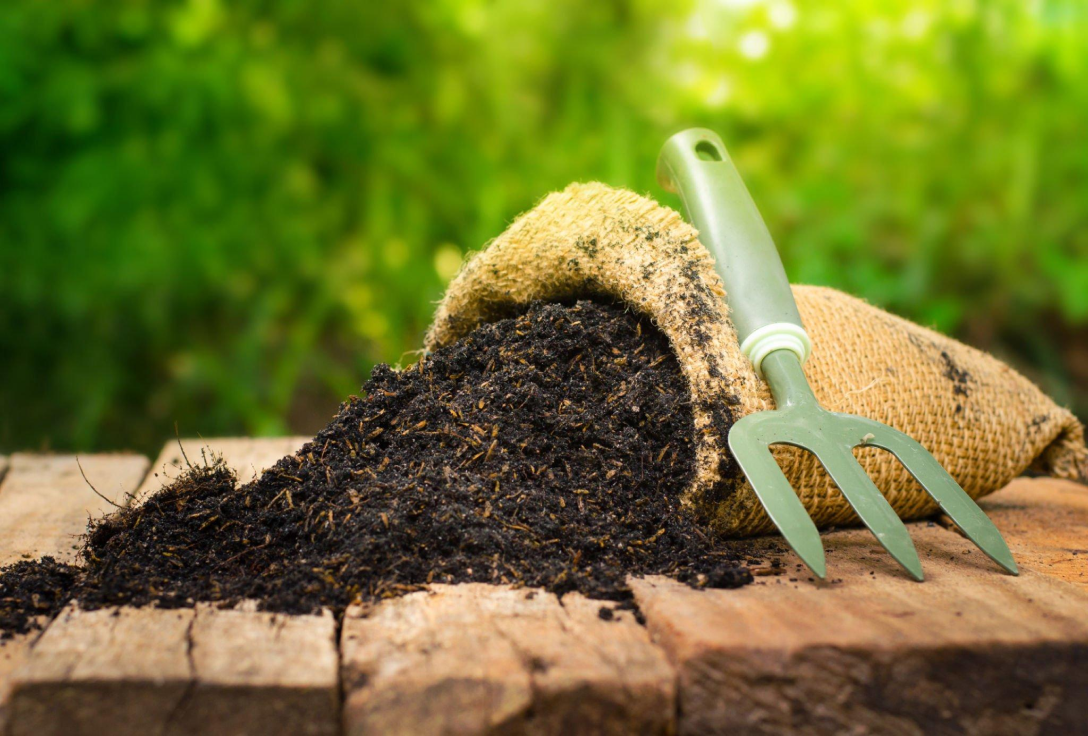Agriculture
(Organic Farming)
Agriculture is the art and science of cultivating the soil, growing crops and raising livestock. It includes the preparation of plant and animal products for people to use and their distribution to markets.Agriculture provides most of the world’s food and fabrics. Cotton, wool, and leather are all agricultural products. Agriculture also provides wood for construction and paper products.These products, as well as the agricultural methods used, may vary from one part of the world to another.
Agriculture (Organic Farming)
-
Soil health:
Organic farmers focus on building and maintaining healthy soil through practices such as composting, cover cropping, crop rotation, and reduced tillage. Healthy soil is essential for nutrient-rich crops and sustainable agricultural systems. -
Crop cultivation:
Farmers grow various crops such as grains (wheat, rice, maize, etc.), vegetables, fruits, oilseeds, and cash crops for commercial purposes. Different farming methods, irrigation systems, and crop rotation techniques are used to maximize yields. -
Weed control:
Organic farmers manage weeds through physical methods like hand-weeding, mulching, and using cover crops. They may also use flame weeding or mechanical cultivation to control weed growth without the use of chemical herbicides. -
Technology in agriculture:
Technological advancements have significantly transformed agriculture. Precision farming, automated machinery, genetic engineering, and drone technology are being employed to improve productivity and efficiency. -
GMO-free:
Organic farming prohibits the use of genetically modified organisms (GMOs) in crops and livestock. Organic farmers use traditional breeding techniques to develop disease-resistant and adapted plant varieties. -
Pest and disease management:
Farmers grow various crops such as grains (wheat, rice, maize, etc.), vegetables, fruits, oilseeds, and cash crops for commercial purInstead of using synthetic chemical pesticides, organic farmers use various techniques to manage pests and diseases. These include introducing beneficial insects, using trap crops, employing natural repellents, and maintaining biodiversity to create a balanced ecosystem that helps control pests.poses. Different farming methods, irrigation systems, and crop rotation techniques are used to maximize yields.

More Benefits
- Organic farming practices reduce pollution, promote biodiversity, and support healthier ecosystems. They also help conserve water and preserve soil quality.
- Organic foods often have fewer pesticide residues and synthetic chemicals, making them potentially healthier for consumers. Organic farming's focus on soil health can also lead to nutrient-rich crops.
- Organic practices build soil organic matter, improving soil structure, water-holding capacity, and nutrient availability over time.
- Organic agriculture often involves smaller-scale, local farming, contributing to local economies and rural development.
- Practices like cover cropping and reduced tillage in organic farming can contribute to carbon sequestration and help mitigate climate change.
Organic farming also faces some challenges, including potentially lower yields compared to conventional farming, limited availability of organic products, and higher production costs. However, as consumer demand for organic products continues to grow, there is increasing interest in supporting and expanding organic farming practices around the world.

